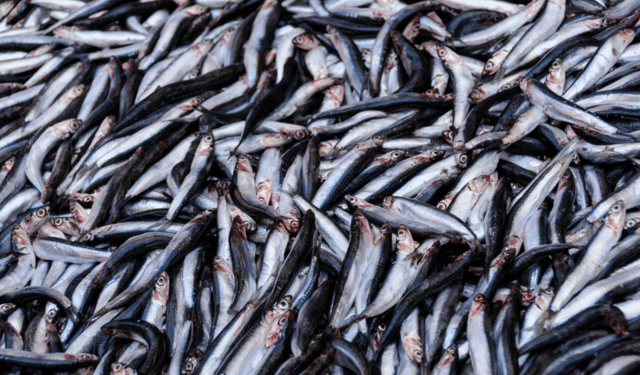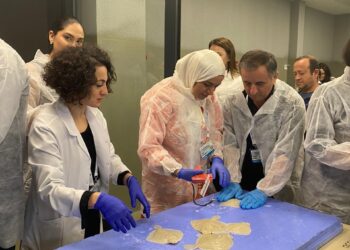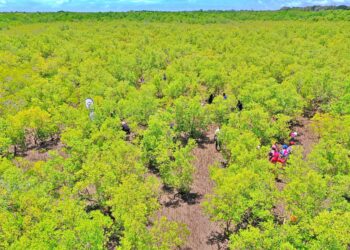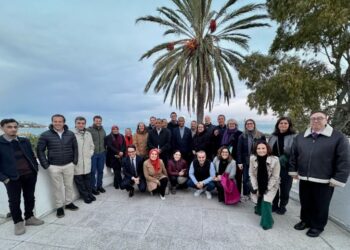Fishmeal production grows 40% – In the first half of 2024, fishmeal and fish oil production grew significantly globally, according to data released by the International Fishmeal and Fish Oil Organisation (IFFO). This increase, by 40% and 10% respectively, reflects a number of complex dynamics, ranging from increased catches in Peru to changes in fishing quotas in northern Europe. However, there is no shortage of concerns, particularly about the long-term sustainability of this growth and the evolution of demand, especially in China.
Production on the rise, but with regional constraints
The increase in fishmeal and fish oil production was mainly driven by increased catches in north-central Peru. This country, one of the world’s leading producers, has seen a surge in catches that has partially offset the restrictions imposed by local authorities. Currently, there is a ban on fishing in the northern regions, while only the southern areas are open, with 15% of the annual quota already landed.
In Chile, the situation appears more heterogeneous: while the south of the country has seen a decrease in landings, the north has seen an increase, highlighting a contrasting trend that reflects the different environmental and management conditions of marine resources.
Challenges in Europe and the United States
In Northern Europe, the volume of raw materials available for fishmeal and fish oil production is down from last year. This decline was expected, given the reduction in fishing quotas allocated for 2024. Fish stocks in the region continue to be carefully managed, but the limitations imposed by new policies could impact the ability to meet growing demand.
In the US, catches of menhaden (American sardine), a key fish for flour and oil production, continue to progress, but volumes remain below 2023 levels. This suggests some stability in production, but also the need to carefully monitor resources to avoid overfishing.
The situation in China and global implications
China, traditionally a major importer and producer of fishmeal and fish oil, has seen a decline in domestic demand. Although the fishing ban was lifted in mid-August, local producers remain cautious about production levels for 2024. The high cost of production and weak demand for aquaculture feed are negatively affecting the market.
Chinese statistics show an annual reduction in cumulative imports until June. This downward trend could continue until 2024, affecting the entire global sector. In contrast, China’s pork sector, which had decreased its use of fishmeal in recent years, is showing signs of recovery, with a steady increase in pig prices.
The fishmeal and fish oil sector is undergoing a transformation influenced by geopolitical, regulatory and market factors. Production growth, while significant, must be assessed in light of regional constraints and global demand. Long-term sustainability remains a priority, and it will be essential to carefully monitor future dynamics to ensure a balance between production and conservation of marine resources.
Fishmeal production grows 40%







